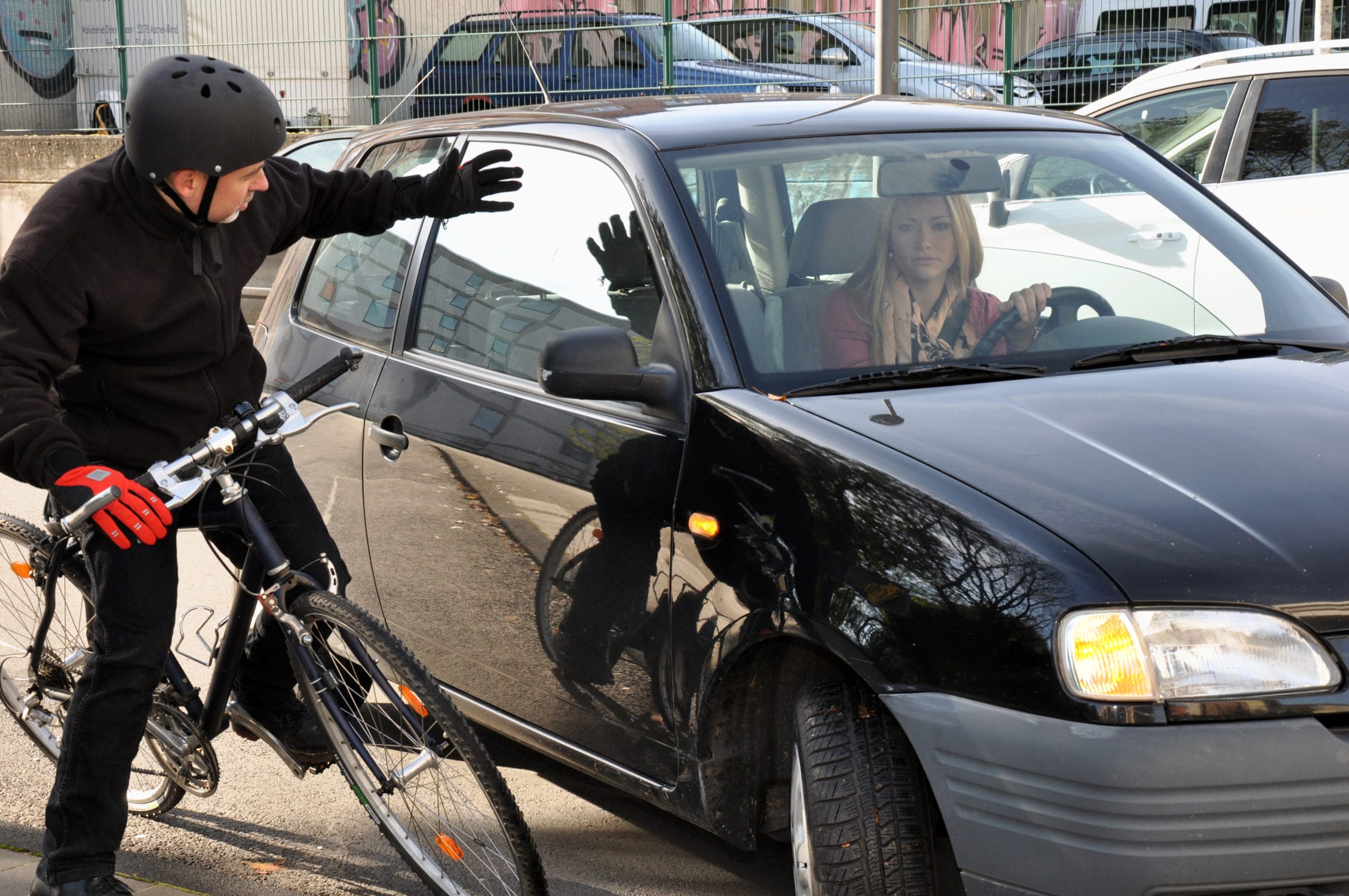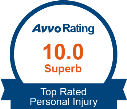Baltimore Reckless Endangerment Attorney

Defense attorneys sometimes try to have more serious charges reduced to a charge of reckless endangerment; however, it’s a serious offense on its own. A conviction of reckless endangerment may lead to imprisonment and steep fines. Contact a criminal traffic offense attorney like Hillel Traub if you face a reckless endangerment charge in Baltimore or a nearby location.
Understanding Reckless Endangerment in Maryland
A variety of conduct can be interpreted as “reckless endangerment” under Section 3-204. Generally, reckless endangerment encompasses behavior that shows a person is inconsiderate of the consequences of their actions, irresponsible, or fails to fulfill their duty to exercise caution. Prosecutors must apply the “reasonable person standard” when analyzing the perpetrator’s behavior and trying to convict them of reckless endangerment. To be considered “reckless,” the defendant must have committed one or more actions that a reasonable person would not have committed.
Examples of reckless endangerment might include shooting a gun from a moving car and reckless or aggressive driving. Throwing objects, inciting violence, and other potentially dangerous actions that could hurt people may also be considered reckless endangerment.
Proving Reckless Endangerment in Court
Prosecutors must show the following elements to be true to prove reckless endangerment in court and gain a conviction:
- The defendant engaged in conduct that created a substantial risk of death or serious physical injury
- The defendant knew that his or her conduct might create a risk of death or serious injury and disregarded the risk
- The defendant took action that a reasonable person would have avoided
Prosecutors do not need to show that an injury or death took place to have the court convict a person of reckless endangerment. It is sufficient to prove recklessness because that is what the statute prohibits. The statute intends to deter people from committing harmful conduct before anyone gets hurt.
Key Considerations for a Conviction
The defendant’s state of mind is one of the most important factors when determining whether they committed reckless endangerment. He or she must have known about the potential risk of their actions and ignored them. The risk of harm to others is another important factor — it must be great. The action must be able to lead to serious physical injury or death to satisfy the elements of the offense.
Reckless Endangerment: Possible Penalties
The offense of reckless endangerment may lead to a maximum penalty of:
- 5 years imprisonment
- A fine of $5,000
You might face the worst possible penalties for reckless endangerment if a victim does suffer a serious bodily injury or dies. In the event of a death, a reckless endangerment charge may escalate to a charge of involuntary manslaughter.
There are exceptions to who may be charged with reckless endangerment. On-duty law enforcement officers and people acting in self-defense may avoid reckless endangerment charges. Your attorney might try to raise self-defense to fight this charge if there is sufficient evidence to show that you feared becoming a victim of violence.
Reckless Endangerment Defense in Baltimore
The Law Office of Hillel Traub serves people facing criminal traffic charges in Baltimore and surrounding areas. For more than 20 years, Hillel Traub, the firm’s founder, has provided his clients with aggressive representation and exceptional personal service. As a former Assistant Attorney General for the Maryland MVA, he has a complete understanding of MVA practices that could benefit your case. Call (410) 580-1100 or complete our contact form for a free consultation.





